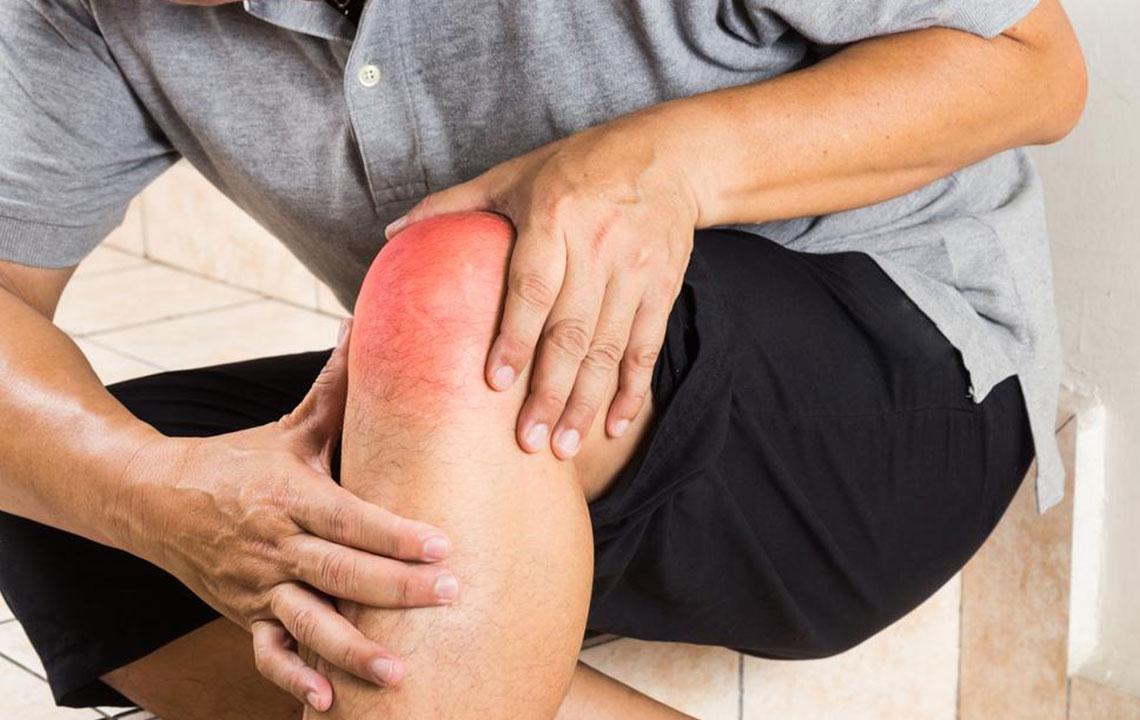When to Seek Medical Attention for Persistent Knee Pain
This comprehensive guide explains when to seek medical help for knee pain, emphasizing the importance of consulting an orthopedic specialist. It covers signs of serious injury, treatment options like surgery and medication, and preventive care to maintain knee health. Early intervention can prevent long-term damage and improve recovery outcomes, making awareness vital for anyone experiencing persistent knee discomfort. From recognizing symptoms to understanding treatment procedures, this article aims to empower readers to make informed decisions about their knee health.

Comprehensive Guide on Recognizing When to Visit an Orthopedic Specialist for Knee Discomfort
Experiencing occasional knee pain is a common issue faced by many individuals, often resulting from minor injuries, overexertion, or less serious conditions. Such discomforts are typically temporary and tend to improve with adequate rest, ice, compression, elevation (RICE), and cautious activity. Nevertheless, there are circumstances where knee pain signifies a much more serious underlying issue. Recognizing these signs early is crucial in preventing long-term damage and ensuring effective treatment. If your knee pain persists beyond a couple of days, worsens over time, or is accompanied by other symptoms, prompt medical consultation becomes necessary. This detailed guide will help you understand when to see a healthcare professional, particularly an orthopedic specialist, to ensure your knee health is properly managed.
Role of Orthopedic Specialists in Knee Care
Orthopedic surgeons are highly trained medical professionals specializing in diagnosing, treating, and preventing musculoskeletal conditions, including those affecting bones, joints, muscles, tendons, and nerves.
They employ a combination of non-invasive methods such as physical therapy, medications, and injections, alongside surgical procedures when necessary, to restore optimal knee function.
Orthopedic experts often focus on specific areas like trauma, sports injuries, pediatric orthopedics, reconstructive surgeries, and joint replacements to provide specialized care tailored to individual needs.
Why You Should Consult an Orthopedic Specialist for Knee Pain
Immediate diagnosis and treatment of knee issues can prevent irreversible joint damage and deterioration.
Maintaining knee health is critical for mobility, balance, and overall quality of life, making early intervention essential.
Orthopedic doctors possess extensive expertise in knee conditions, ensuring appropriate management strategies and surgical techniques if needed.
They provide personalized treatment plans, whether in clinics, hospitals, or private practices, tailored to address the specific causes of your knee pain.
When Is It Urgent to See a Specialist?
Your knee pain lasts longer than two days without relief, signaling a need for medical assessment.
Persistent swelling or increasing discomfort 48 hours after injury indicates significant tissue damage or inflammation.
If you find it difficult to walk, keep your balance, or if your knee feels unstable, seek urgent evaluation.
Notable deformity, swelling, or abnormal appearance of the knee warrants immediate attention.
Sudden severe pain accompanied by a 'pop' sound, swelling, and instability suggests ligament tears (such as ACL or meniscus tears) and requires prompt diagnosis.
Common Procedures and Interventions by Orthopedic Surgeons
Arthroscopy: Minimally invasive technique used to diagnose and treat joint problems.
Joint fusion: Surgical joining of bones to stabilize or eliminate pain.
Joint replacement: Procedures such as total knee arthroplasty for severe osteoarthritis or damage.
Internal fixation: Stabilizing broken bones with hardware like screws and plates.
Soft tissue repair: Reconstructing damaged ligaments or tendons.
Osteotomy: Bone cutting to realign the knee joint and relieve pressure.
Effective Treatments for Persistent Knee Pain
Exercise Therapy: Strengthening and flexibility exercises help improve knee stability and reduce pain over time.
Injections: Corticosteroid or hyaluronic acid injections can reduce inflammation and improve mobility if conservative methods aren’t sufficient.
Medications: Oral pain relievers and anti-inflammatory drugs should be used under medical supervision to manage symptoms.
Surgical Interventions: For cases that do not respond to conservative treatments, procedures like knee replacement or ligament repair offer significant relief and restore function.
In summary, understanding the signs that indicate the need for medical attention for knee pain is essential for maintaining mobility and quality of life. While minor aches and pains are common and often resolve with simple measures, persistent or severe symptoms require timely intervention by an orthopedic specialist. Recognizing when to seek help can prevent further joint deterioration, reduce pain, and restore function, enabling you to lead an active and healthy life.





